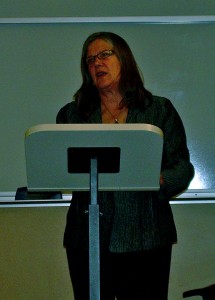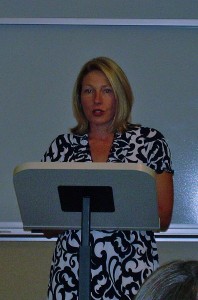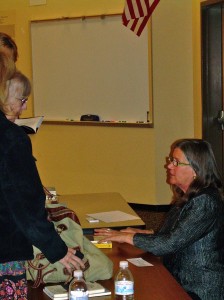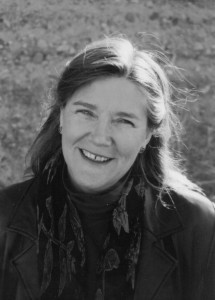Letter Review has launched their bimonthly Short Fiction, Nonfiction, Poetry and Manuscript Prize for July-August. The contest has a total prize pool of $3800, and includes publication for the winners.
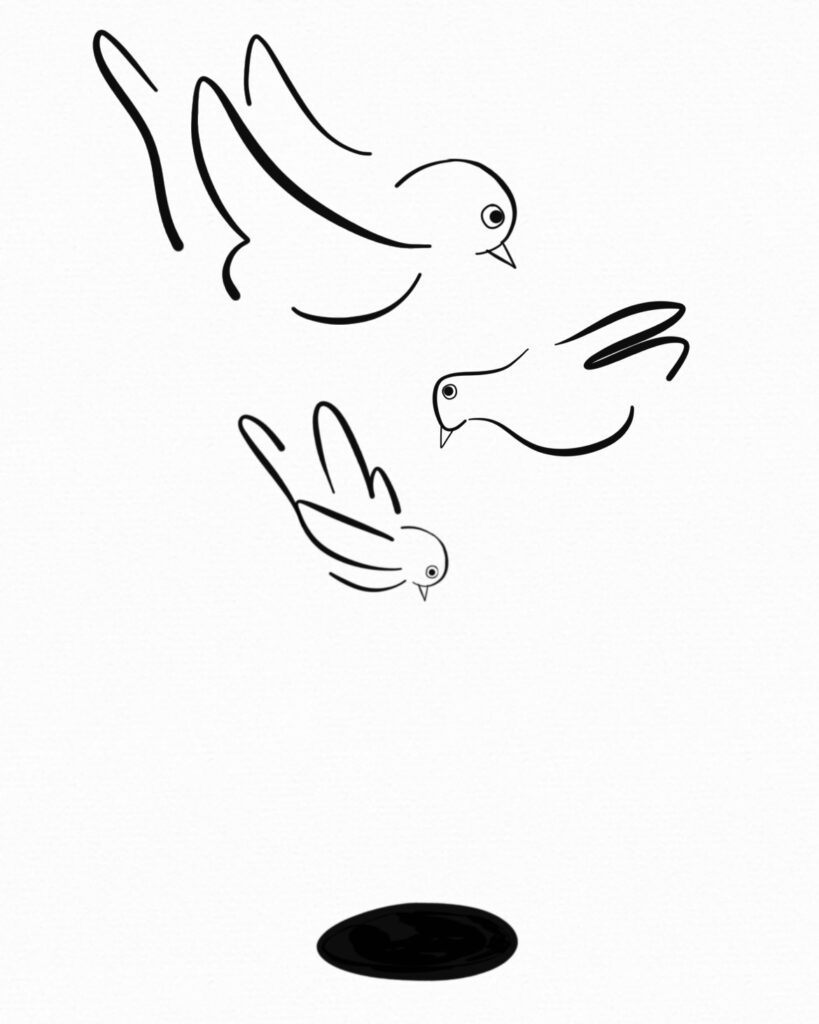
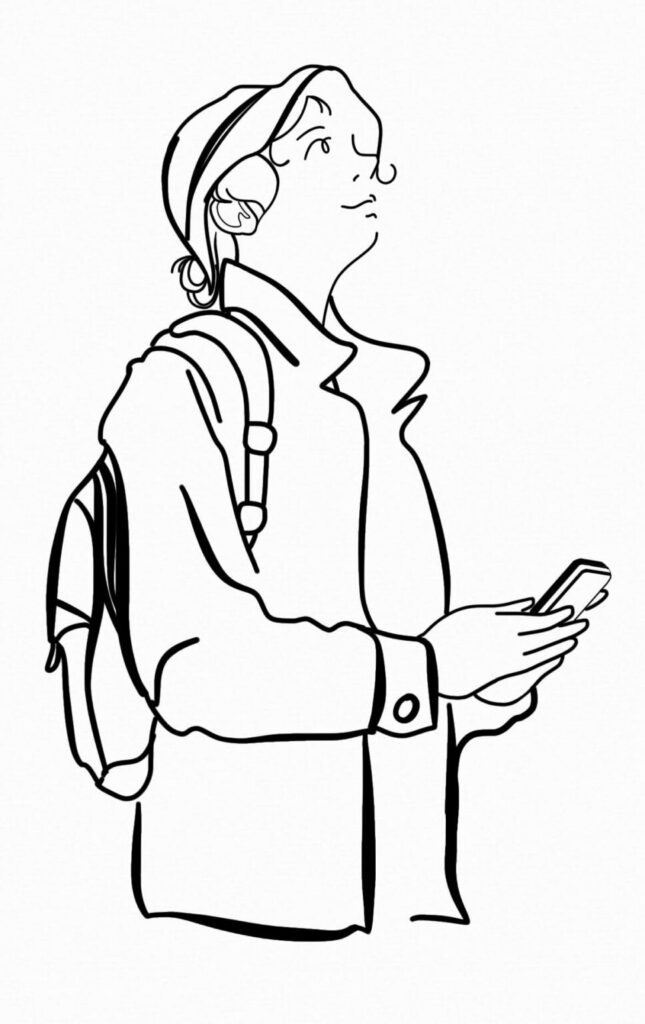
In each of the four categories, there are three winners who are published, promoted across social media channels, and split the prize pool.
Letter Review Prize for Short Fiction
Three winners are announced who are published, accompanied by an attractive original commissioned artwork. Winners share in the $1000 total prize pool. Twenty writers are longlisted and ten writers are shortlisted. All entries are considered for publication, and for submission to the Pushcart Prize and other anthologies.
Entry Fee: $20 for one submission, $35 for two submissions ($5 in savings), and $45 to enter three ($15 in savings).
Dates: Open now, closing August 31 11:59 p.m. ET.
Word Length: 0 – 5000 words.
Details: Open to anyone in the world. There are no genre or theme restrictions.
Letter Review Prize for Nonfiction
Three winners are announced who are published, accompanied by an attractive original commissioned artwork. Winners share in the $1000 total prize pool. Twenty writers are longlisted and ten are shortlisted. All entries are considered for publication, and for submission to the Pushcart Prize and other anthologies.
Entry Fee: $20 for one submission, $35 for two submissions ($5 in savings), and $45 to enter three ($15 in savings).
Dates: Open now, closing August 31 11:59 p.m. ET.
Words: 0 – 5000 words.
Details: Open to anyone in the world. All forms of nonfiction are welcomed including: Memoir, journalism, essay (including personal essay), fictocriticism, creative nonfiction, travel, nature, opinion and many other permutations.
Letter Review Prize for Poetry
Three winners are announced who are published, accompanied by an attractive original commissioned artwork. Winners share in the $800 total prize pool. Twenty writers are longlisted and ten are shortlisted. All entries considered for publication, and for submission to the Pushcart Prize and other anthologies.
Entry Fee: $15 to enter one poem, $27 to enter two (save $3), and $35 to enter three (save $10).
Dates: Open now, closing August 31 11:59 p.m. ET.
Lines: 70 lines max per poem.
Details: Open to anyone in the world. There are no style or subject restrictions.
Letter Review Prize for Manuscripts
Three winners are announced who have a brief extract published, receive a letter of recommendation from the judges for publishers, and share in the $1000 total prize pool. Twenty writers are longlisted and ten are shortlisted.
Entry Fee: $25 to enter one submission, $45 to enter two (save $5), and $60 to enter three (save $15).
Dates: Open now, closing August 31 11:59 p.m. ET.
Words: Please submit the first 5000 words of your manuscript, whether it be prose or poetry.
Details: Open to anyone in the world. The entry must not have been traditionally published. All varieties of novels, short story collections, nonfiction and poetry collections are welcomed. Manuscripts which are unpublished, self published, and some which are indie published will be accepted. Review full entry guidelines for further details.
The judges will be Ol James and Kita Das.
All entries are marked blindly to ensure fairness for all writers. All contest entries are considered for publication, and for submission to the Pushcart Prize and other anthologies. Read some previous submissions here.
Entry is open to anyone. To enter, visit https://letterreview.com/information/.
The contest closes August 31 11:59 p.m. ET.
Letter Review is a literary magazine with a mission to publish new work, foster a supportive creative community, and help writers with all matters related to being published, performed and produced. Letter Review promises to pay writers professional rates and seeks submissions from writers across the globe. Letter Review is a proud member of CLMP and adheres to the CLMP Contest Code of Ethics. Letter Review features interviews with professional writers, publishes helpful information, runs competitions with monetary prizes, and remains open to unsolicited submission of fiction, nonfiction, and poetry.
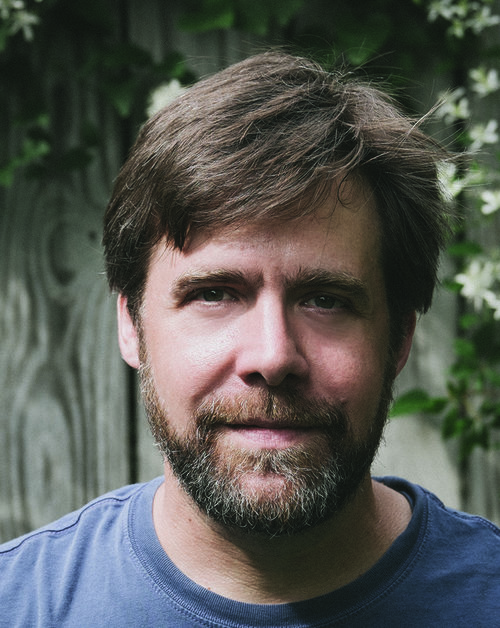
 The Lost Manuscript: A Particular Silence
The Lost Manuscript: A Particular Silence